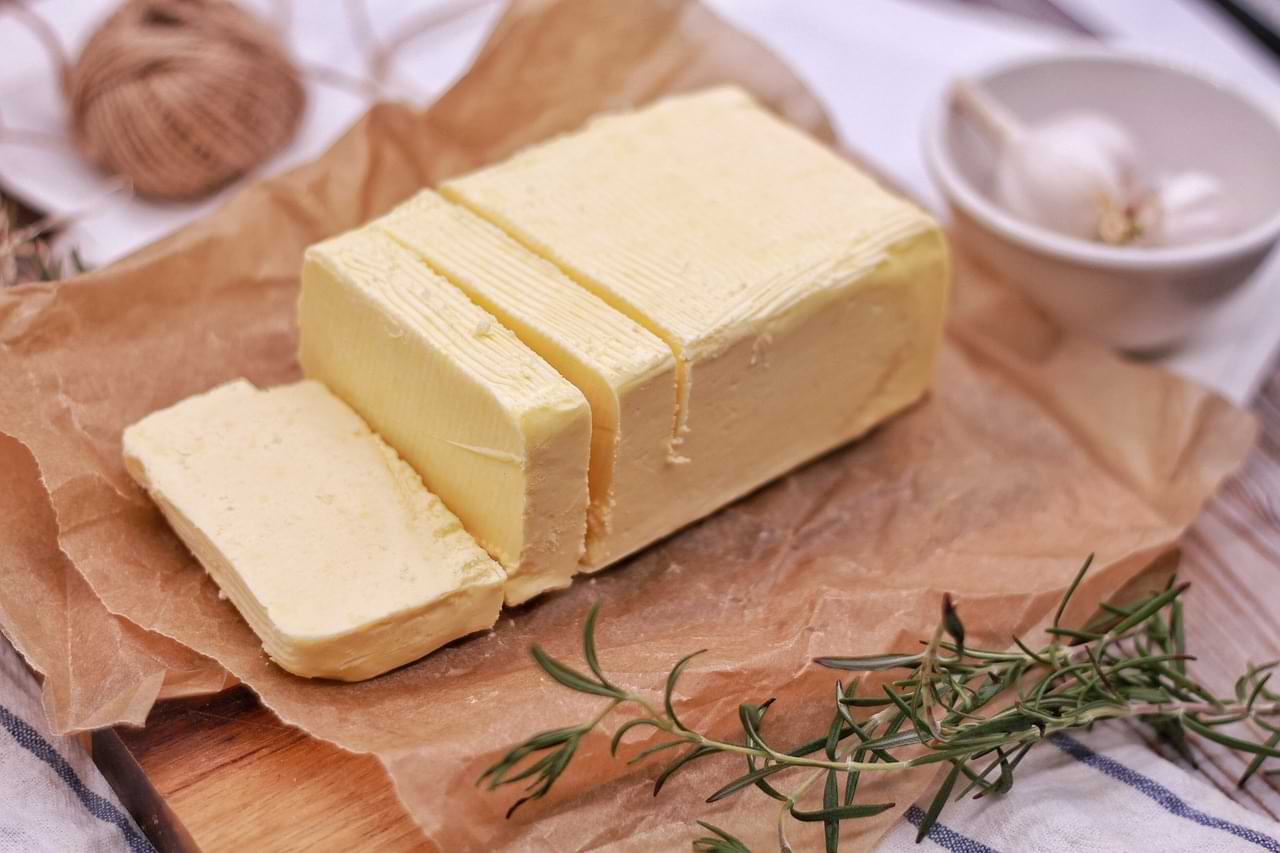Do you ever find yourself wondering what you can treat your feline friend with? With the many choices of food available for our furry companions, it can be tough to determine what’s safe for them to consume. While some people might not think twice about offering their cat a little bit of butter as a special treat, it’s important to consider whether this food item is actually safe for our feline friends. In this article, we’ll take a closer look at the topic of cats and butter, exploring the potential benefits and drawbacks of this popular food item. So, if you’re a cat lover who wants to keep your furry friend happy and healthy, keep reading!
What is Butter?
Butter is a dairy product made from the milk or cream of cows. It is a soft, yellowish-white substance that is commonly used as a spread for bread or as a cooking ingredient. Butter is rich in fats, vitamins, and minerals, but it also contains high levels of cholesterol and saturated fat, which can be harmful to cats when consumed in large quantities.
Can Cats Eat Butter?
While cats can technically eat butter, it’s not recommended to feed it to them as a regular part of their diet. Butter has very little nutritional value for cats and can lead to digestive problems, such as indigestion, diarrhea, and pancreatitis. In addition, the high levels of cholesterol and fat in butter can contribute to obesity and other health problems in cats.
Potential Health Risks of Feeding Butter to Cats

Here are some potential consequences of feeding your feline companion butter:
- Lactose Intolerance: Butter, like many dairy products, contains lactose, a sugar that many cats are unable to digest properly. This can lead to digestive upset, including diarrhea and abdominal pain.
- Obesity: Butter is high in fat and calories, which can contribute to weight gain and obesity in cats. This, in turn, can lead to a variety of health problems, such as diabetes, joint problems, and heart disease.
- Pancreatitis: Butter is also high in fat, which can trigger the development of pancreatitis, a potentially life-threatening condition that causes inflammation of the pancreas.
- Allergies: Some cats may develop an allergy to dairy products, including butter, which can lead to symptoms such as skin irritation, vomiting, and diarrhea.
- Nutrient Imbalance: Butter does not provide the essential nutrients that cats need to maintain good health. By including it in your cat’s diet, you risk disrupting the delicate balance of nutrients that your cat requires.
What To Do If Your Cat Eats Too Much Butter
- Monitor your cat’s symptoms: Look out for any signs of digestive issues, such as vomiting, diarrhea, or loss of appetite.
- Contact your veterinarian: If you notice any unusual symptoms, it’s important to seek veterinary care as soon as possible.
- Avoid further butter consumption: Prevent your cat from consuming any more butter, as it could worsen any health issues.
- Provide plenty of fresh water: Ensure that your cat has access to clean and fresh water to help flush out any harmful substances from their system.
- Offer a bland diet: If your cat is experiencing digestive issues, consider feeding them a bland diet consisting of boiled chicken and rice.
- Keep an eye on your cat’s behavior: Pay attention to your cat’s behavior and make sure they are eating, drinking, and using the litter box normally.
- Administer any prescribed treatments: Follow any treatment plan provided by your veterinarian, including medications and dietary changes.
- Follow up with your veterinarian: Make sure to follow up with your veterinarian and schedule any necessary check-ups to monitor your cat’s progress.
Alternatives to Butter for Cats
If you’re looking for alternatives to butter to offer your cat as a treat, there are many options that are both safe and nutritious. Here are a few alternatives to consider:
- Cooked Meat: Cats are obligate carnivores, which means that they require a high-protein diet to thrive. Offer your cat small pieces of cooked chicken, turkey, or other lean meats as a treat.
- Wet Food: Wet food is an excellent alternative to butter, as it provides cats with the moisture they need to stay hydrated. It also offers a wide range of flavors and textures that your cat is sure to enjoy.
- Fish: Cats love fish, and it can make a great treat option. Offer your cat small pieces of canned fish, such as tuna or salmon. Just be sure to avoid raw fish, as it can contain harmful bacteria.
- Treats Specifically Made for Cats: There are many cat-specific treats available that are formulated to meet your cat’s unique nutritional needs. Look for treats that are low in calories and high in protein, and be sure to offer them in moderation.
- Fresh Produce: Cats love crunchy and crunchy textures, and fresh produce can provide that. Offer your cat small pieces of cooked carrots, green beans, or other vegetables.
Conclusion
In conclusion, while cats can technically eat butter, it’s not recommended due to potential health risks. It’s best to stick with safe and nutritious alternatives, such as cooked chicken or fish, eggs, and dairy products, when treating your cat to a special treat. It’s important to remember that a balanced diet and regular exercise are the keys to keeping your cat healthy and happy. If you have any questions about what is safe for your cat to eat, I encourage you to consult with a veterinarian.





